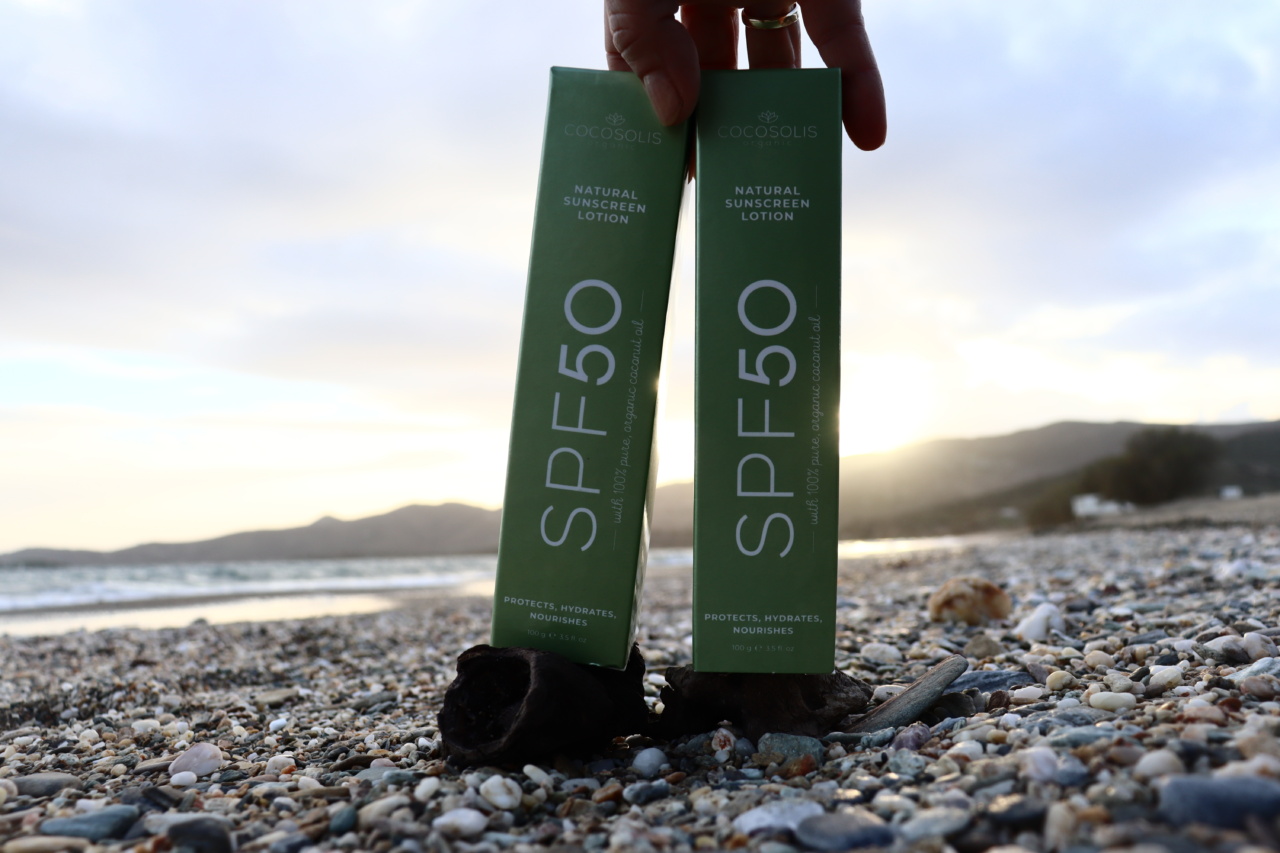Summer is the time many of us look forward to, because we can finally spend more time outdoors. It is the season to enjoy the beach, camping, hiking, and other outdoor activities.
However, while we enjoy the sun, we also need to make sure that our skin is protected from the harmful rays of the sun, by applying sunscreen.
It is essential to check for the expiration date of your sunscreen before using it. Sunscreens have an expiration date, just like any other skincare product, and it is very important to pay attention to when it expires.
The reason for this is that sunscreen can become less effective over time if it is expired or has not been stored properly. This means that the sunscreen may not protect your skin as well as it should, leaving you at risk of getting sunburned or even worse skin cancer.
What Is the Expiration Date on Sunscreen?
The expiration date on sunscreen is the date after which the manufacturer doesn’t guarantee that the product is still effective. It’s important to note that the expiration date on sunscreen is not an industry standard.
The length of time that sunscreen is effective varies from brand to brand and whether it is organic or inorganic, mineral or chemical, all of which can affect the rate of sunscreen degradation.
Some sunscreens will have an expiration date printed on the packaging and others will have a manufacturing date. Generally, sunscreen has a shelf life of two to three years from the date of manufacture.
Some brands have a slightly longer shelf life of up to five years, while others only last about six months. It is important to always check the expiration date before applying sunscreen, even if it hasn’t been used before.
Why Does Sunscreen Expire?
Several factors can cause sunscreen to expire. One of the most significant factors is exposure to heat and sunlight. Sunscreens can degrade more rapidly if they are exposed to heat, moisture, light, and air.
Over time, these elements can cause chemical reactions in the sunscreen, reducing its effectiveness.
Your sunscreen may also expire faster if it was not stored properly. If it was left in the heat or humidity, it will lose some of its effectiveness. Once again, this means it won’t protect your skin from harmful UV rays as effectively as it should.
What Happens if You Use Expired Sunscreen?
You may be tempted to use expired sunscreen. After all, it still looks, feels and smells the same as before, so it can’t be that bad, right? However, the truth is that there are several risks associated with using sunscreen that has expired.
The first risk is that the sunscreen may not work as well. Over time, the active ingredients in sunscreen break down and can become less effective. This may result in more sunburn, less protection from UV radiation or less protection against skin cancer.
If you use an expired sunscreen, you may be putting yourself at risk of all these health concerns.
The second risk is that expired sunscreen may cause skin irritation or an allergic reaction. Sunscreen contains ingredients that can cause an allergic reaction or skin irritation. These ingredients can become more irritating as they break down.
It is important to note that expired organic sunscreens may be particularly risky. This type of sunscreen contains ingredients that can degrade faster than chemical sunscreens.
Expired organic sunscreens can actually produce free radicals once they have broken down. Free radicals can cause cell damage which can contribute to the development of skin cancer.
How to Store Your Sunscreen Properly and Maximize its Shelf Life
To get the best protection from your sunscreen, it is essential that you store it properly. First off, always store your sunscreen in a cool, dry place – away from direct sunlight.
Avoid extreme temperatures, such as leaving your sunscreen in your car, even on a cloudy day. The heat from the sun can cause the sunscreen ingredients to break down quickly, reducing its effectiveness.
Another thing you can do is to keep the lid tightly closed on your sunscreen. This will prevent the sunscreen from exposure to air, which can also cause the product to break down more quickly.
If you notice any discoloration, separation of ingredients, changes in the consistency or texture of the product, or if it has an unpleasant odor, then it is showing signs of degradation and should be discarded immediately.
Final Thoughts
In conclusion, SPF is an essential product that can help protect you from the harmful effects of sunlight. However, it is important to remember that sunscreen does have a shelf life.
Always check the expiration date and store your sunscreen properly, and when in doubt, don’t take chances. The best way to stay protected is to use a product that you know hasn’t expired.
Take care of your health and your skin by checking your sunscreen and its expiration date before using it. Use the tips outlined in this article and always take note of the shelf-life information on your sunscreen product.
Stay safe and enjoy the great outdoors!.



























